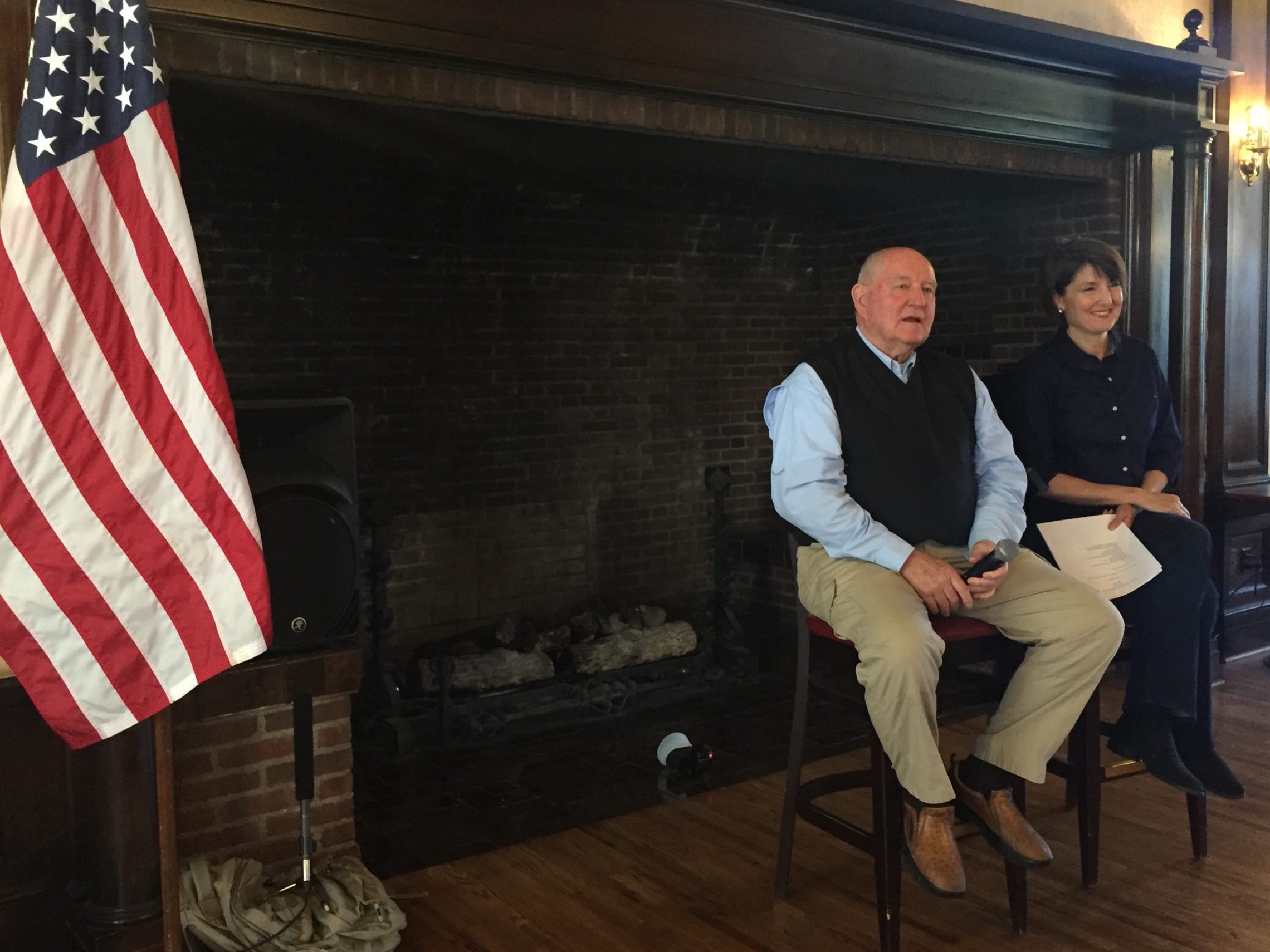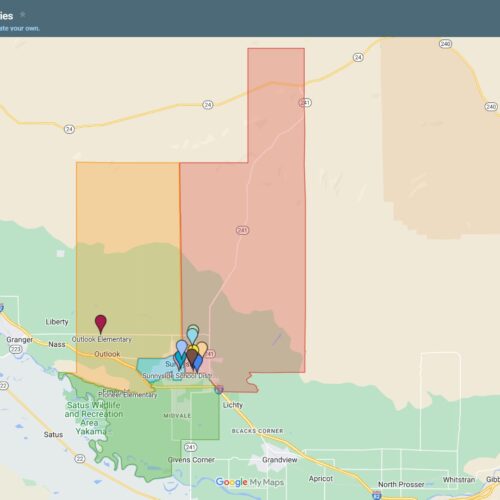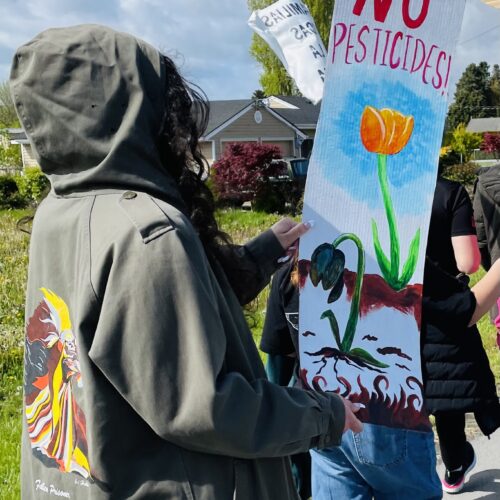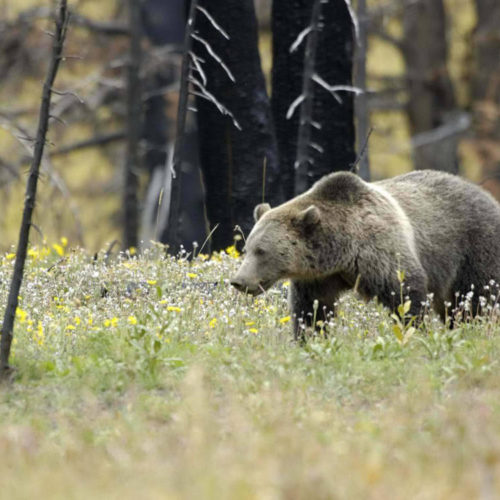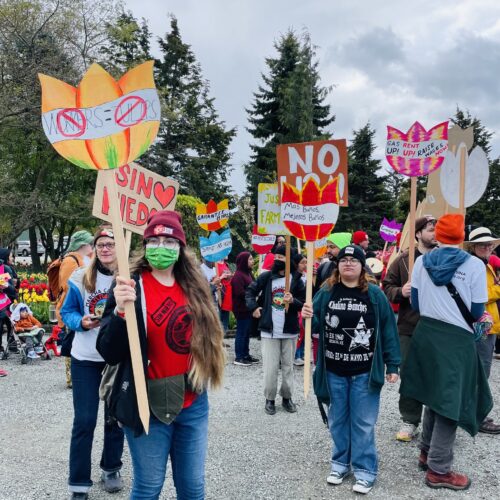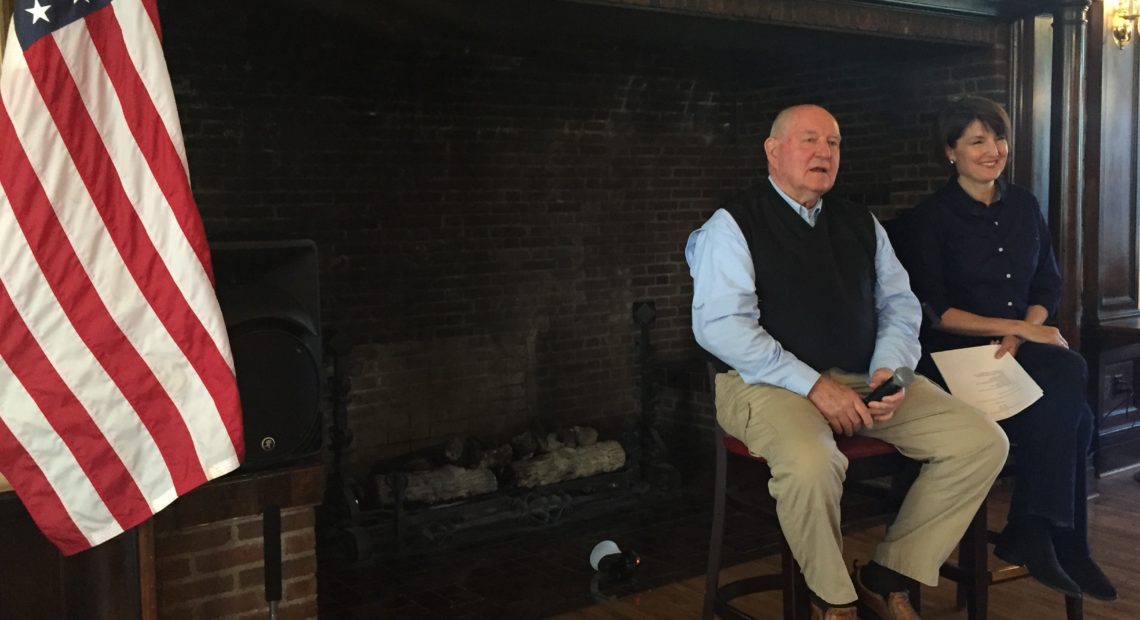
USDA Secretary Says Plan To Help Farmers Affected By Tariffs Coming In September
Listen
Trade was at the forefront of the conversation with U.S. Secretary of Agriculture Sonny Perdue Monday in Spokane.
Perdue said President Donald Trump has assured him “he’s not going to allow agricultural producers to bear the brunt of trade disruptions” with China, Canada or Mexico—countries Perdue calls “the big three” for U.S. international trade.
But those are also countries that announced new tariffs on crops like apples, soybeans and wheat in the last month.
“Farmer uncertainty is there,” Perdue said. “There’s a legitimate anxiety over there about ‘do I sell my crop at these low prices, or do I hold on or what?’”
During a nearly hour-long breakfast meeting, Perdue told local industry leadership “nothing is off the table.”
“Mr. Secretary, what am I supposed to tell my farmers when they call … asking me how the government is going to help them get through the trade environment?” Washington Wheat Growers Association Executive Director Michelle Hennings asked.
After weeks of questions, but no details on what a mitigation strategy might entail, Perdue announced Labor Day is his deadline to develop a plan.
“The mitigation strategy that we refer to will hopefully give farmers some idea whether they should hold those crops or sell them and if they hold or sell, what they can expect from the government,” he said.
But there are crops that are harvested before Labor Day—things like cherries, blueberries and fresh fruit crops that can’t be stored. Much of the wheat crop is also harvested before Labor Day, in particular soft white wheat. Washington is the only state in the nation that produces it, and Hennings told the Secretary 90 percent of the crop is shipped overseas.
Perdue said the USDA is looking at buying crops that might suffer prior to his early-September deadline under a provision called “Section 32.”
“That’s’ where we buy crops that don’t have a place to go and give them to school lunch programs and food banks. So, we’re using that and will continue to use that program as well,” Perdue said. Section 32 is a Depression-era program that uses funds from customs receipts to buy surplus crops.
“It still won’t cover the damage that’s going to be done,” Hennings said. She believes even a subsidy won’t help if the trade dispute continues.
In each of the last two years, spending under Section 32 has been at its highest since 2009. Although he didn’t say so directly, Perdue also may not see the use of Section 32 as a permanent solution.
“We’d rather have trade then aid,” he said. “There’s not a farmer in your area that wouldn’t rather have a good crop at a fair price than get a government check.”
Related Stories:
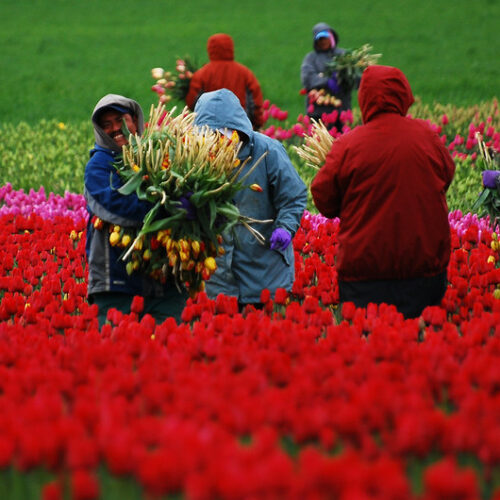
New funding to build farmworker housing in the Pacific Northwest, nationwide
The United States Department of Agriculture is soliciting applications for funding to build farmworker housing nationwide.
In the Pacific Northwest, leaders hope the money can address gaps in farmworker housing. The Pacific Northwest is in a housing crisis and that impacts rural small businesses and agricultural producers, as well as farmworkers, said Helen Price Johnson, who is the Washington State Rural Development director for the USDA.
Continue Reading New funding to build farmworker housing in the Pacific Northwest, nationwide
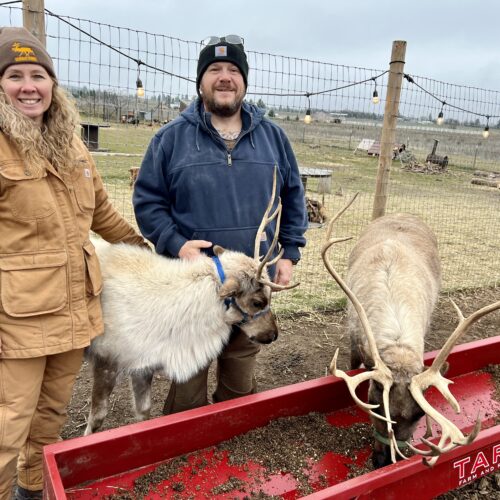
The North Pole isn’t the only place for Santa to find reindeer – they’re in Goldendale, too
Tanya Clarke and Daniel Connell own and operate Goldendale Reindeer Farm, which has nine reindeer. (Credit: Courtney Flatt, Northwest News Network) Listen (Runtime 1:27) Read The reindeer at Goldendale ReindeerFarm… Continue Reading The North Pole isn’t the only place for Santa to find reindeer – they’re in Goldendale, too
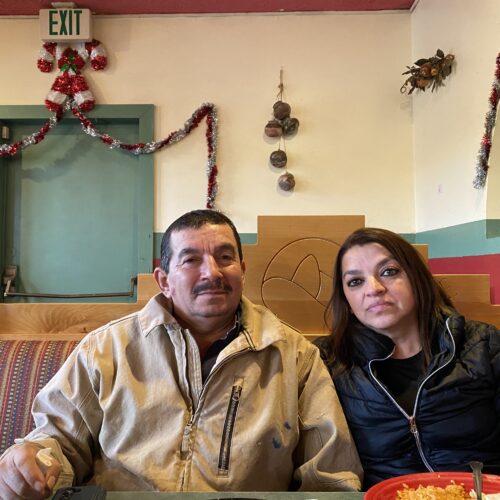
The cow that stole Christmas: Nearly 20 years since mad cow disease was first discovered in Washington state, one family still struggles
Sergio Madrigal and his wife, Rosa, stand outside the farm they owned, until recently, near Sunnyside, Washington. (Courtesy: Anna King / Northwest News Network) Listen (Runtime 2:56) Read It has… Continue Reading The cow that stole Christmas: Nearly 20 years since mad cow disease was first discovered in Washington state, one family still struggles

